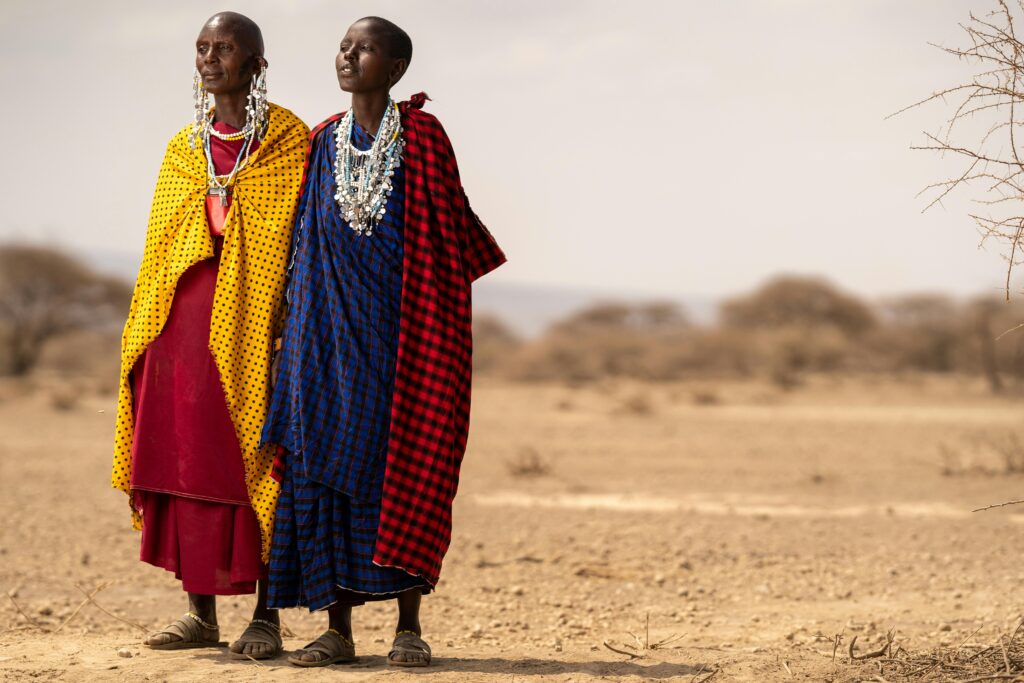Tourism in Tanzania has long been associated with safaris, mountains, and coastlines. Yet beyond the wildlife and scenic landscapes, a quiet movement is taking shape one that protects nature while uplifting the people who call this land home. It’s called community-based tourism, and it is quickly becoming one of the most powerful tools for environmental conservation and social impact. In Tanzania, this approach does more than provide unique travel experiences it fuels a long-term commitment to sustainability.
Community-based tourism (CBT) is a model where local communities lead and benefit directly from tourism activities. It empowers residents to be more than hosts they become guides, educators, and environmental stewards. Instead of large corporations extracting value from natural resources, CBT allows income to stay within the region, reinforcing local ownership and care of the land.
At Swahili Cultural Trails, CBT is at the heart of every experience from farm tours and Swahili cooking classes to eco-initiatives focused on sustainability. When travelers participate in these activities, they invest in a system that prioritizes the environment alongside culture.
One of the most immediate benefits of community tourism is the reduction in environmental harm. Local guides know the land intimately and often take steps to minimize disruption. Paths are maintained naturally, and water use is kept efficient. Cultural experiences like traditional farming or beekeeping highlight practices that have sustained the land for generations long before the word “eco-tourism” existed.
More importantly, when communities benefit financially from the natural environment, they have a strong incentive to protect it. Forests, rivers, and wildlife become assets to preserve, not resources to extract.
In Mto wa Mbu, where Swahili Cultural Trails is based, travelers can visit farms that use sustainable irrigation or learn about organic spice cultivation. These aren’t tourist gimmicks they’re real livelihoods shaped by ancestral wisdom and adapted to modern environmental needs.
Other CBT initiatives across the country have restored wetlands, reduced illegal logging, and promoted eco-education in local schools. Every dollar a traveler spends in these communities strengthens these efforts.
Supporting community-based tourism is simple, but impactful. Travelers can:
Choose locally owned tour companies like Swahili Cultural Trails
Participate in eco-friendly activities such as village visits or community-led hikes
Avoid plastic waste and respect natural boundaries
Ask questions, learn about traditions, and spread awareness upon returning home
Most importantly, travelers should view themselves not just as guests, but as partners in conservation.
Sustainability is no longer a trend it’s a necessity. In Tanzania, community tourism is showing the world that it’s possible to travel in a way that honors both people and the planet. Each visit becomes more than a personal adventure it becomes a vote for cultural preservation and environmental responsibility.
By choosing experiences that uplift local voices and protect natural spaces, you are helping write a better future one guided by community, culture, and care.


Join our growing community of culture lovers and ethical travelers. Get updates, discounts, and more.
Swahili Cultural Trails
Copyright © 2025. All rights reserved